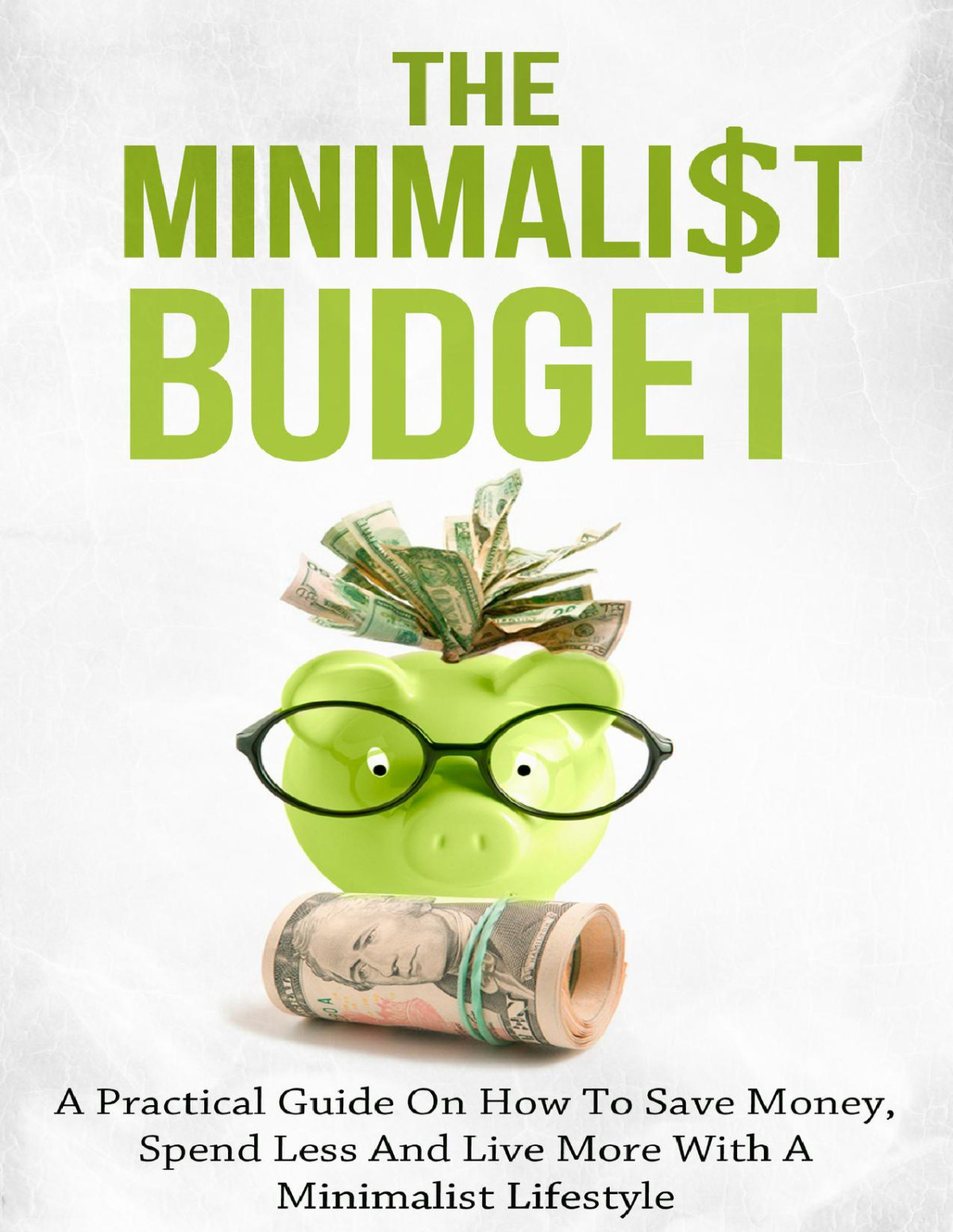

Most ebook files are in PDF format, so you can easily read them using various software such as Foxit Reader or directly on the Google Chrome browser.
Some ebook files are released by publishers in other formats such as .awz, .mobi, .epub, .fb2, etc. You may need to install specific software to read these formats on mobile/PC, such as Calibre.
Please read the tutorial at this link: https://ebookbell.com/faq
We offer FREE conversion to the popular formats you request; however, this may take some time. Therefore, right after payment, please email us, and we will try to provide the service as quickly as possible.
For some exceptional file formats or broken links (if any), please refrain from opening any disputes. Instead, email us first, and we will try to assist within a maximum of 6 hours.
EbookBell Team

5.0
30 reviews“Budget" - it's a meager little word, one that all too often comes after “tight” ...
Maybe you think of this word as an adjective, something to describe a cheap and substandard car or hotel. “Budget” brings to mind rationing, a kind of money diet.
If you're like many people, budgeting is something you do with a kind of deflated spirit: budgeting means bargain bin quality and the sad sense that what you want is going to be just out of reach.
This book will try a different approach to budgeting altogether...
This book will offer an expanded notion of what it means to budget. We'll look at how money is not the only resource that needs to be managed, and a “life budget” that acknowledges your emotional, behavioral, social and even spiritual capital is more likely to lead to smarter decisions.
We'll explore shopping and spending habits, identify problem areas, think about debt and make achievable goals for home, work and more. We'll look at concrete ways to put some of these principles into action, and look at resources that will keep you focused and motivated.
At the same time, this book is also about the philosophy of minimalism, not thriftiness. If you can pair your budget plan with a more nuanced understanding of your relationship with money and how it ties into how you want to live, the changes you make will be more authentic and longer lasting.
Minimalism is not about doing with less than you need. Rather, it's about finding what you need and fulfilling that need exactly, without excess. It's a subtle and easily overlooked point: to have exactly enough is not suffering. Budgeting is therefore about understanding what you need to have enough, and how best you can allocate your resources to that end.
Life is short. Money and material things can make our time on this earth better, and they can help us move closer to what we find meaningful and worthwhile. But they are not meaningful and worthwhile in themselves.
Money is a tool and how we spend it is an expression of our values and what we think is important.
How much would you pay for peace of mind and the calm you get from knowing you are living well? How much of your life do you give away when you work? Of all your expenses, have you remembered to include the time you waste stressing about money?
These may seem like vague or overly philosophical questions, but they get to the root of how we earn, spend and think of money. Once we understand these roots, our efforts to save here and there not only become easier, they become more meaningful.